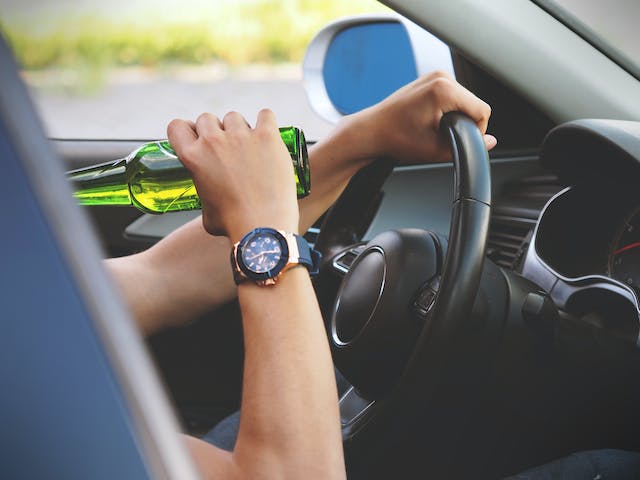How Does New Jersey Treat Underage DUIs?
Posted November 16th, 2023.
Categories: Blog.

Underage DUIs are frequently a bit more complicated than adult DUIs. The goal of punishing underage DUIs, legislatively, has been to balance assuring severe enough punishment given that minors should not be drinking at all with an understanding of the difference between youths and adults that would most often make it unfair to have equally severe punishments for both groups. This blog post will give an overview of DUI and DUI-related charges in New Jersey as well as out-of-state. If your child is facing a DUI, don’t wait and contact a New Jersey criminal defense attorney with experience as both a private detective and a news reporter. We will direct this wide range of experience towards guiding and protecting your family.
What Is a DUI?
And how is it different from a DWI? The answer is that they are not. Both describe taking a substance like drugs or alcohol to the point of being mentally and physically affected, and then driving.
Each state uses moderately different terms, that largely all mean the same thing. In New Jersey, DWI and DUI are used interchangeably. DUI is short for driving under the influence and DWI is short for driving while intoxicated.
New Jersey does not classify DWI/DUIs as crimes, only as serious traffic violations. This has the benefit that a conviction for a DUI won’t end up giving someone a criminal record. It will, however, still appear on the offender’s driving record. Any application, whether related to academics, jobs, or something else entirely, will hear about the DUI if they pull driving records.
DUIs and Related Charges in New Jersey
The BAC limit for adult drivers in New Jersey is 0.08%, much higher than the underage limit of 0.01%. Possession of alcohol is also punishable with a loss of driving privileges lasting six months.
Other charges that can exacerbate a DUI include a charge of underage drinking and a charge for violating New Jersey’s open container law, which says that any alcoholic beverage must either be sealed and unopened or stored in an inaccessible part of the vehicle such as the trunk. Underage drinking and the open container law both have specific charges.
So given a particularly thorny situation, it is possible and legal for someone to face charges for all three: violation of the open container law, underage drinking, and drunk driving.
Out-of-State Drivers Also Need to Beware DUIs
Except in five specific circumstances, out-of-state underage drivers will likely face doubled consequences for drunk driving in New Jersey. All but five (Georgia, Massachusetts, Michigan, Tennessee, and Wisconsin) of the United States belong to an organization known as the Interstate Driver’s License Compact or the IDLC. Members of the IDLC typically share information and records amongst themselves regarding driving offenses, such as DUIs.
As such, those charged with a DUI in New Jersey are very likely to face consequences in their home state, once New Jersey sends the information. And because the IDLC facilitates communication between member states, if someone was previously found guilty of a DUI in their home state, New Jersey may treat this charge as a second offense, with the higher punishments that accompany that designation.
